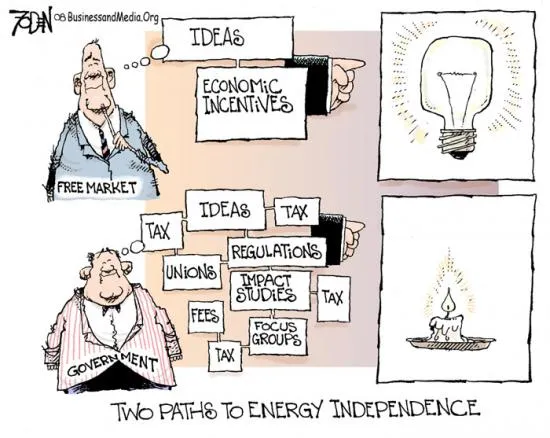In Dr. Bylund's work The seen, the Unseen, and the Unrealized he discusses his ideas and beliefs about the market and government regulation. In chapter 5, Bylund begins by discussing how in order for exchanges to happen, both parties need to benefit from it. I think this is interesting, as it provides light to why so many smaller companies may struggle and not be as well off as monopolies, as they are not benefiting as much as the monopoly companies are. This statement is so interesting when discussing monopolies, because they have found a way to reduce cost efficiently and mass produce, when just-starting companies and small innovative companies may not be getting these highly beneficial exchanges. Bylund then also begins to discuss this ideology of a decentralized market and how ripple affects can be manipulated through products and their supply/demand. He discusses how this destruction of production in a way can create further a case and movement to create other things and thus booster other innovations/ideas. In chapter 7, Bylund discusses how taxes and regulations add costs to sort of force producers and consumers to sway in a way that the government prefers. I think this topic was interesting because I never realized how big of an impact taxes and policies have on production and how they can limit choices like this, which also connects to the previous weeks topic. This sort of almost forces monopolies into business, and in turn is very restricting for new companies and new ideas. Based on this factor, I think this is really harmful and sort of infringing on the rights of other companies and product ideas, and also infringes on the rights of consumers as they start to have a limited diversity on companies and products to choose from. Chapter 9 also continues to discuss how this limitation of producers for this product affects consumers choices and how these restrictions can be seen as "small" from the government, but they have a massive impact. I think this is an interesting sort of statement because it implies this belief of the domino affect, how one small little bump and "rule" from the government has such a massive effect as time goes on. As people work more to release products and create new things they are faced with the limitations of the government and also the competition with monopoly companies that the government has created and thus restricted the market for both producers and consumers.
